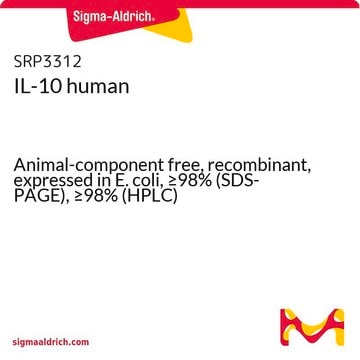MAK112
Arginase Activity Assay Kit
sufficient for 200 colorimetric tests
Synonym(s):
Arginase Test Kit
About This Item
Recommended Products
usage
sufficient for 200 colorimetric tests
detection method
colorimetric
relevant disease(s)
cancer; immunological diseases; gastrointestinal diseases
storage temp.
−20°C
Gene Information
human ... ARG1(383) , ARG2(384)
mouse ... ARG1(11846) , ARG2(11847)
rat ... ARG2(29215) , Arg1(29221)
General description
Application
Features and Benefits
Suitability
Principle
Signal Word
Danger
Hazard Statements
Precautionary Statements
Hazard Classifications
Aquatic Chronic 3 - Eye Dam. 1 - Met. Corr. 1 - Repr. 1B - Skin Corr. 1A
Storage Class Code
6.1D - Non-combustible acute toxic Cat.3 / toxic hazardous materials or hazardous materials causing chronic effects
Flash Point(F)
Not applicable
Flash Point(C)
Not applicable
Certificates of Analysis (COA)
Search for Certificates of Analysis (COA) by entering the products Lot/Batch Number. Lot and Batch Numbers can be found on a product’s label following the words ‘Lot’ or ‘Batch’.
Already Own This Product?
Find documentation for the products that you have recently purchased in the Document Library.
Customers Also Viewed
Related Content
Multiplex assays for hepatotoxic biomarker measurement in drug-induced liver injury research.
Multiplex assays for hepatotoxic biomarker measurement in drug-induced liver injury research.
Multiplex assays for hepatotoxic biomarker measurement in drug-induced liver injury research.
Multiplex assays for hepatotoxic biomarker measurement in drug-induced liver injury research.
Our team of scientists has experience in all areas of research including Life Science, Material Science, Chemical Synthesis, Chromatography, Analytical and many others.
Contact Technical Service



